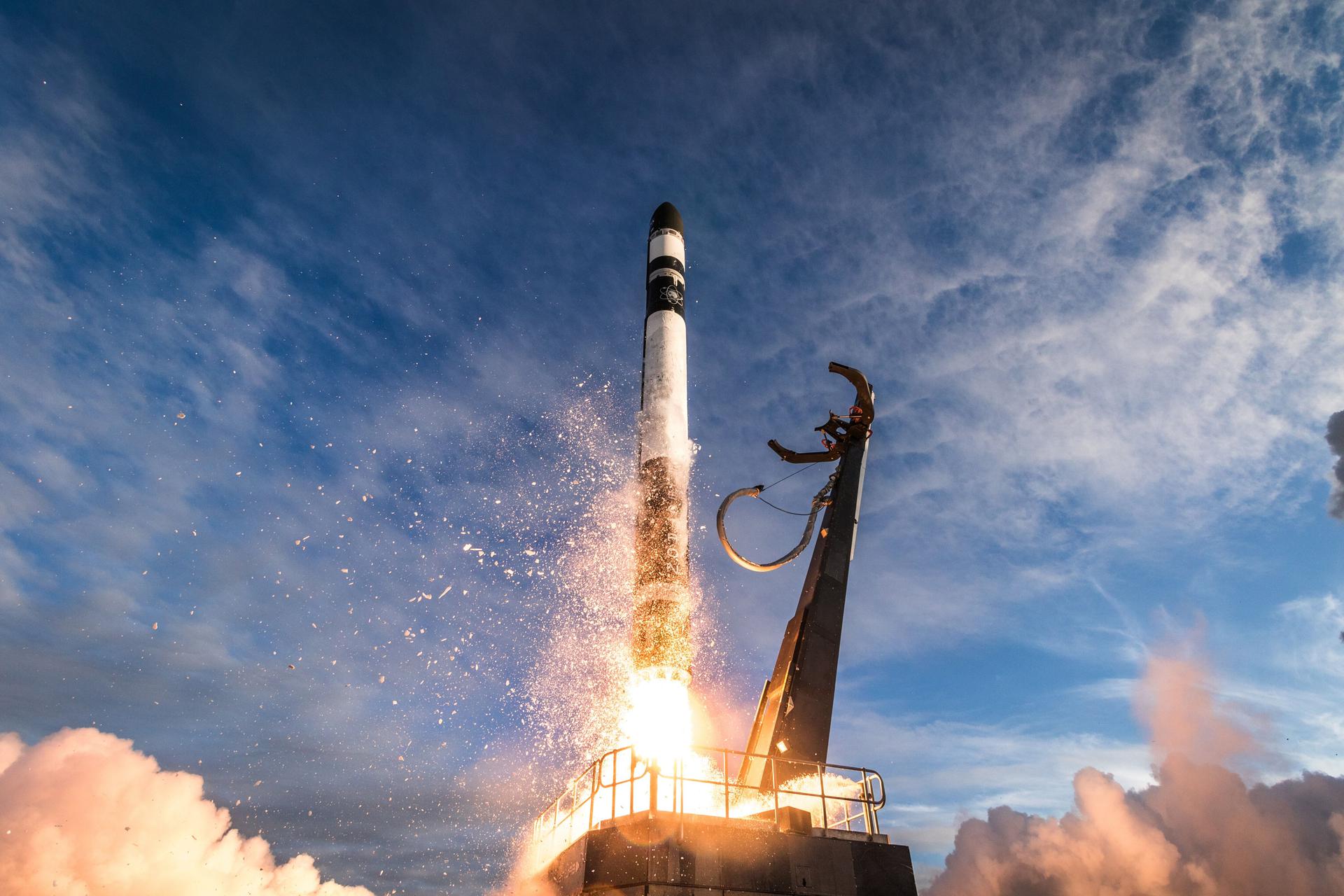Electron Vehicle Overview
A complete overview of the Electron launch vehicle, including launch stats, vehicle info and launch locations.

Basic Info
Name
Electron
Family
Electron
Manufacturer
First Launch
25 May 2017
Successful Launches
78
Failed Launches
4
Rocket Info
Status
Active
Stages
2-3
Length
18 m
Diameter
1.2 m
Launch Mass
13 tons
Thrust
162 kN
Reusability
Not Reusable
Payload Info
LEO Capacity
300 kg
Launch Cost
$6M
Electron, developed by Rocket Lab, is a two-stage, partially recoverable orbital launch vehicle servicing the commercial small satellite market. It's known for its Rutherford engines, the first electric-pump-fed engines in an orbital-class rocket. Electron has the capability to carry a payload of up to 300 kg to low Earth orbit (LEO). Originally designed as expendable, Rocket Lab has since pushed for reusability, recovering the first stage multiple times. Electron's manufacturing process includes extensive use of 3D printing, aiming for rapid and cost-effective production.
Common Electron Questions
Launch Sites used by Electron
Rocket Lab Launch Complex 1

Private spaceport in New Zealand, primarily used for Electron rocket launches.
Wallops Island

NASA rocket launch site for science and exploration missions, established in 1945 in Virginia.
